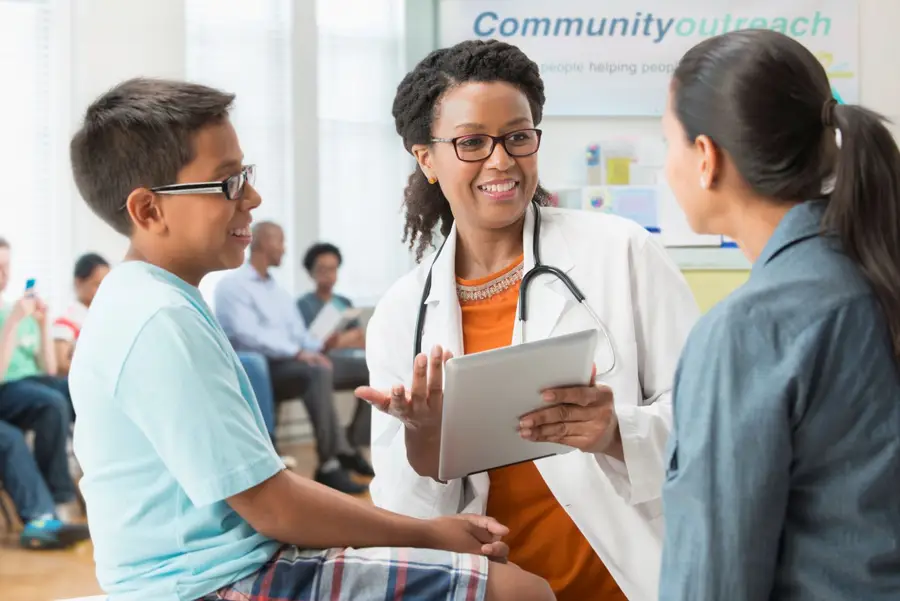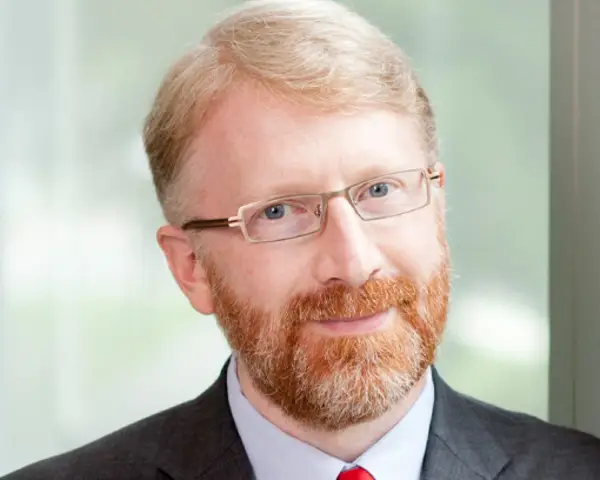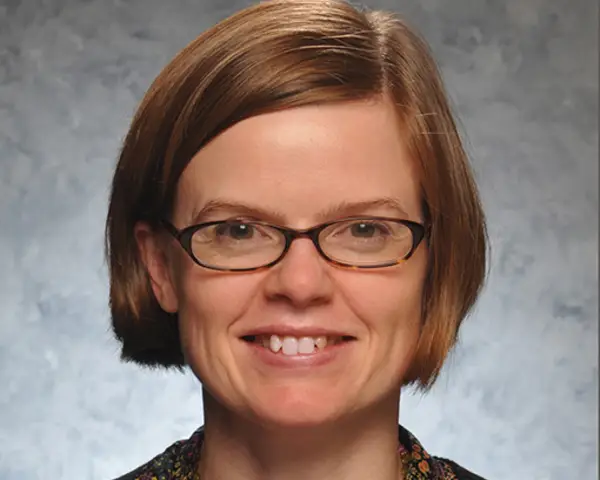
The interconnectedness of our world made possible by communication technologies has transformed our daily lives. Information that used to be restricted to expert circles is now just a few clicks away. While this access to information has undoubtedly empowered us in many ways, the ease and anonymity with which misinformation can be published can be dangerous, particularly when it concerns topics relating to health and medicine.
As we saw during the COVID-19 pandemic, misinformation can encourage some people to engage in risky behaviors and even lose trust in health providers and other experts. Although patients generally trust their healthcare providers as sources of medical advice, they often turn to less reliable, more easily accessible sources such as social media, blogs, or news outlets to learn about illnesses and treatments, which may provide inaccurate information that can conflict with current medical advice. Medical misinformation is becoming a widespread and dangerous threat to public health, yet most medical professionals are not taught how to respond to patients that may hold incorrect or dangerous beliefs.
To address this challenge, the Association of American Medical Colleges (AAMC) launched an initiative in 2022 funded by a cooperative agreement with the Center for Disease Control and Prevention (CDC) which was aimed at increasing public confidence in the COVID-19 vaccines and addressing medical misinformation and mistrust through competency-based, interprofessional education and training within health professions. Five Health Professions Education Curricular Innovations subgrantees received support from the AAMC to launch their projects.
Dr. Brian Southwell, Lead Scientist for Public Understanding of Science at RTI, worked with AAMC and Dr. Andrea Anderson of The George Washington University to coach the program grantees and help them refine their projects. Each subgrantee team reflected on their experiences in designing and implementing their projects and Southwell and colleagues compiled the subgrantees' insights into an open-access report published through RTI Press that can be used to inform future activities aimed at addressing medical misinformation through curricular advancements.

RTI is well-positioned to be a facilitator and a convener. We need organizations to connect the dots and encourage institutional collaboration in our current complicated information environment.
In keeping with this theme, below are some highlights and lessons learned from the five subgrantees in their interdisciplinary efforts to address medical misinformation.
The importance of collaboration
Many subgrantees shared Dr. Southwell’s perspective on the importance of teamwork and coordination across disciplines and backgrounds to accomplish shared goals. For example, the Zucker School of Medicine at Hofstra University/Norwell Health incorporated engagement with local communities into their student training to address vaccine hesitancy and empower community members with a sense of autonomy and knowledge.
Similarly, the Maine Medical Center/Tufts University School of Medicine conducted focus groups consisting of patient-facing students and students who do not engage with patients to explore the nuanced factors that may contribute to vaccine hesitancy. Numerous themes emerged from this work, highlighting the importance of including diverse perspectives when working toward a collective goal.
This sentiment is echoed in the program developed by the University of Chicago Pritzker School of Medicine, which centered on training medical, nursing, and pharmacy students to use social media to address medical misinformation. Clear differences surfaced between the learning styles of these students and how they chose to interact with their respective communities and patients, which is important to consider when designing and implementing interprofessional approaches to addressing a shared issue.
Improving efficiency and facilitating empowerment
Another important insight that emerged was that projects were most effective when they were efficiently and conveniently integrated into existing curricula and clinical learning experiences. Faculty and students have busy schedules and encounter a lot of new information each day, which can make coordination across programs challenging and affect learners' experiences, as expressed by the Herbert Wertheim College of Medicine at Florida International University, the Jacobs School of Medicine and Biomedical Sciences at the University at Buffalo, and Hofstra/Norwell Health. Providing resources that can be easily used before and during patient encounters can help faculty and clinicians efficiently manage their time.
Lastly, providing patients with up-to-date, credible sources of information may be as important as providing point-by-point correction of misinformation. The rapid pace with which available information about COVID-19 became available posed challenges for all of us, especially those who aimed to educate the public. Providing ways for patients to access current information, like the University of Buffalo's use of QR codes, and empowering individuals to identify misinformation themselves, like Hofstra/Norwell Health, are crucial steps in preventing potentially dangerous misinformation from reaching and influencing the public.
Supporting access to high-quality information
Misinformation is becoming increasingly prevalent as our digital world continues to grow and transform. Now more than ever, open access research is critical to ensure that accurate, credible information is available both to healthcare providers and the public.

This paper provides concrete, tested strategies that medical professionals can use to effectively engage with patients to address misinformation. Because it is Open Access and rigorously peer reviewed, it is widely available to a range of professionals who can confidently integrate the recommended actions in their practice.
Healthcare providers must learn effective techniques to address misinformation and feel comfortable using these techniques with patients and the public alike. While the subgrantees' projects show that improving curricula to meet this concern will require careful planning and coordination, they also highlight the importance of interprofessional and institutional collaboration and the need to make credible information as accessible as misinformation.
Access the full report here.

